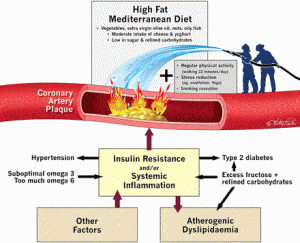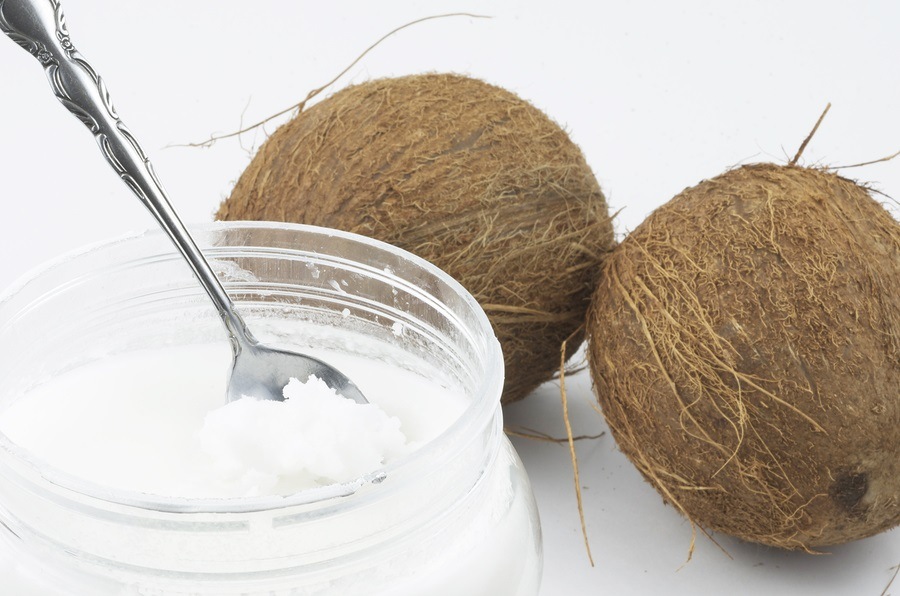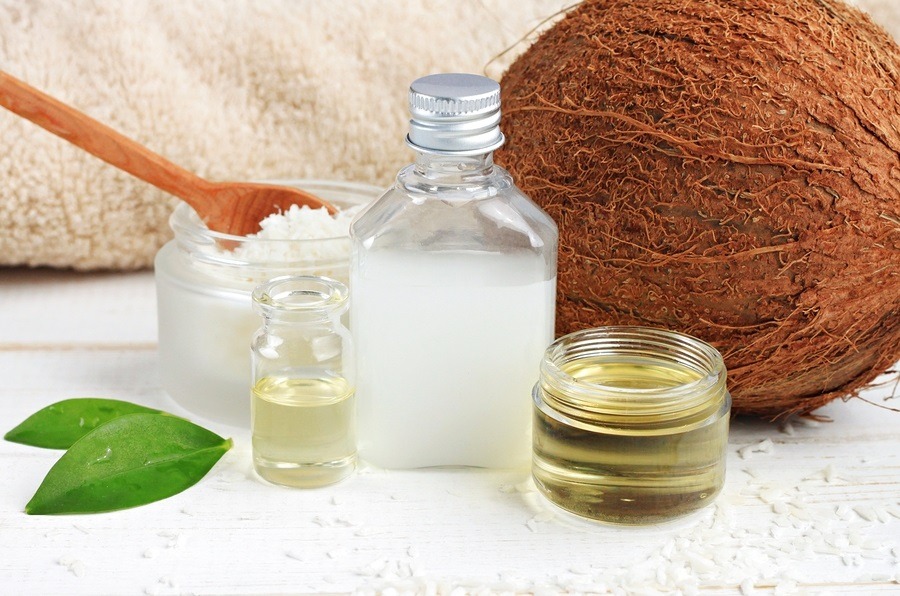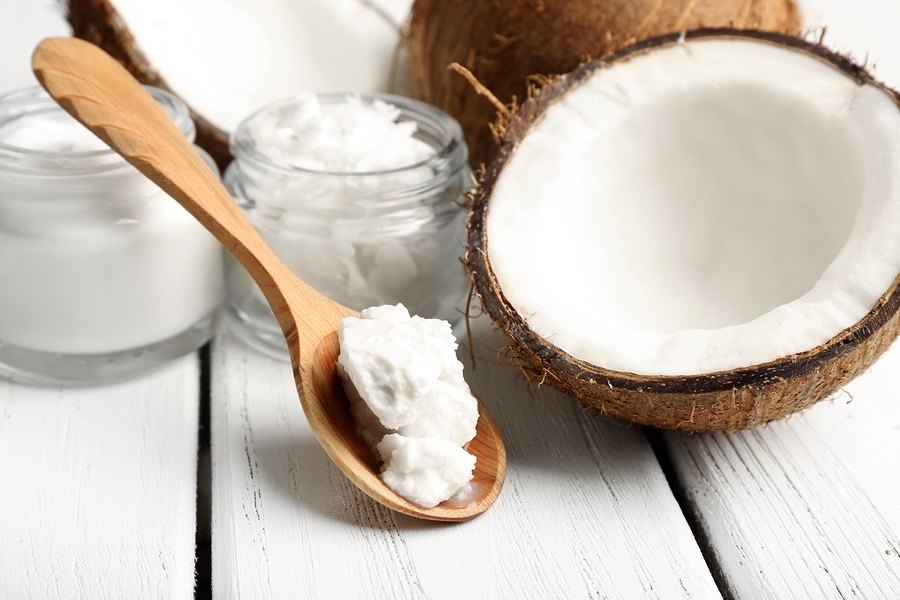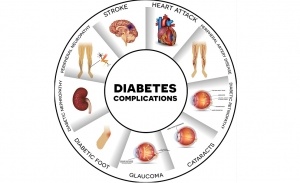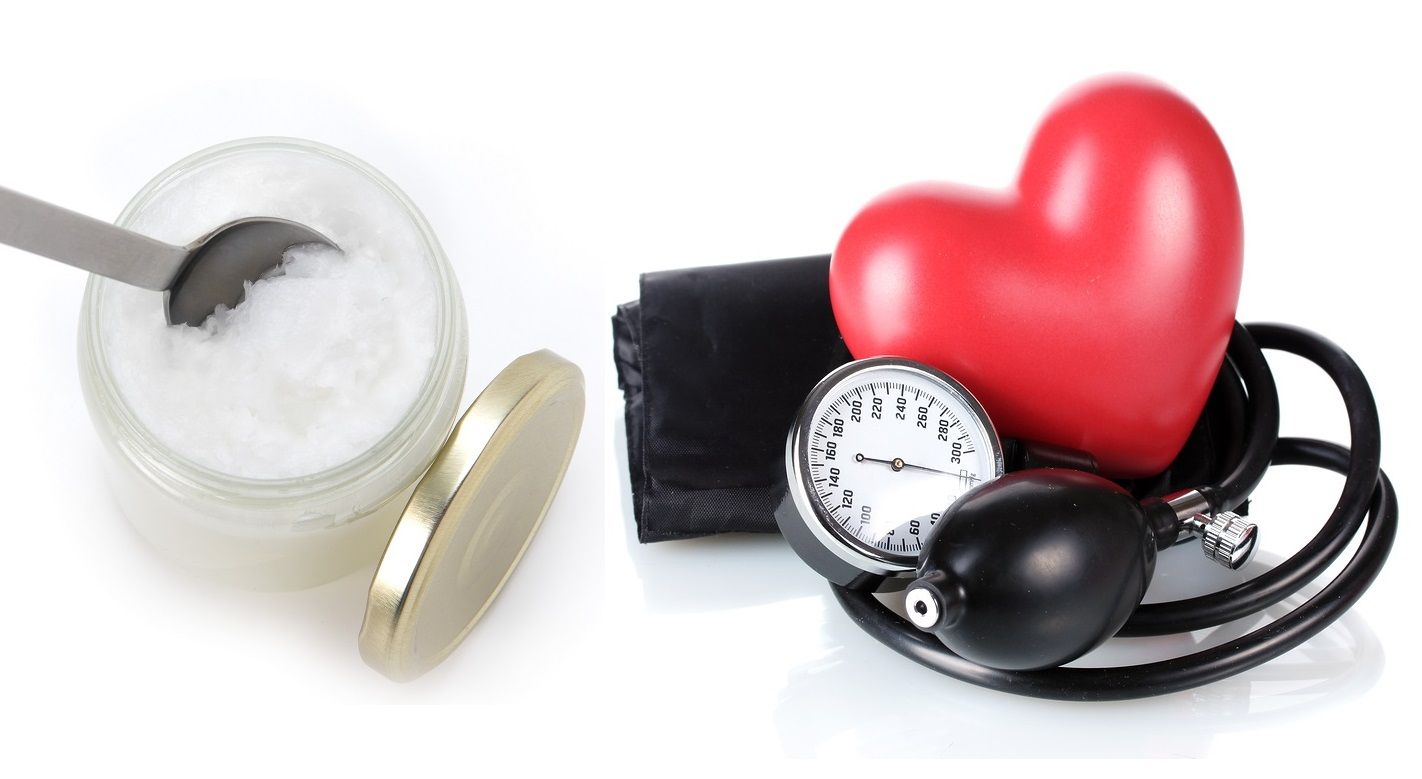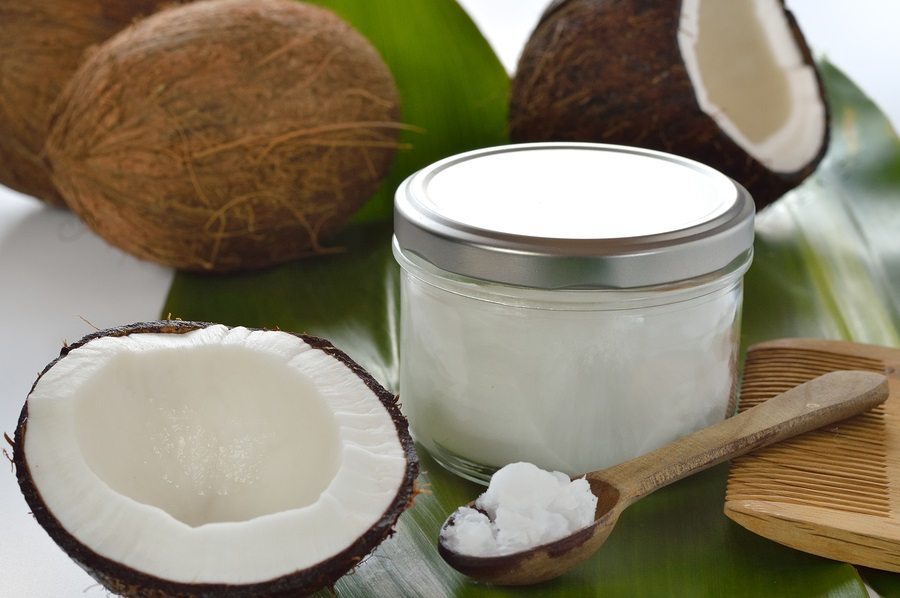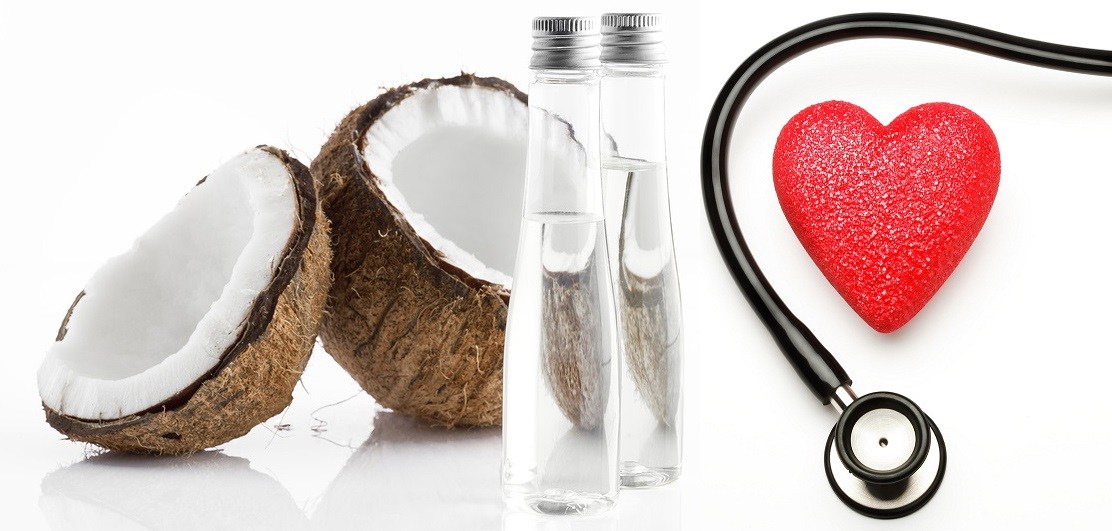The Diet Police: Harassing Doctors Who Promote Low-Carb High-Fat Dieting
LCHF stands for a low carbohydrate and high fat diet. Not only does this diet protocol threaten the official nutritional dietary dogma of high carbohydrates and low fats (including NO saturated fats, as per USDA nutritional guidelines), promoting LCHF also threatens the sugar and processed food industries where it hurts, financially. So as with all things proven unscientific that support current industrial endeavors, promoting accurate current science to upset all endeavors associated with misinformation warrants attacks on the messengers while suppressing their scientific evidence. The science behind LCHF has been known at least since the 1920's when the ketogenic diet was developed at Johns Hopkins Hospital as a cure for childhood epilepsy, being used when drugs failed. Dr. Tim Noakes, MD, a South African scientist and emeritus professor at University of Cape Town’s Division of Exercise Science and Sports Medicine was attacked by nutrition officials almost three years ago in 2014. After three years of public court room hearings, with all its legal expenses and stressful distractions, he was recently acquitted.




